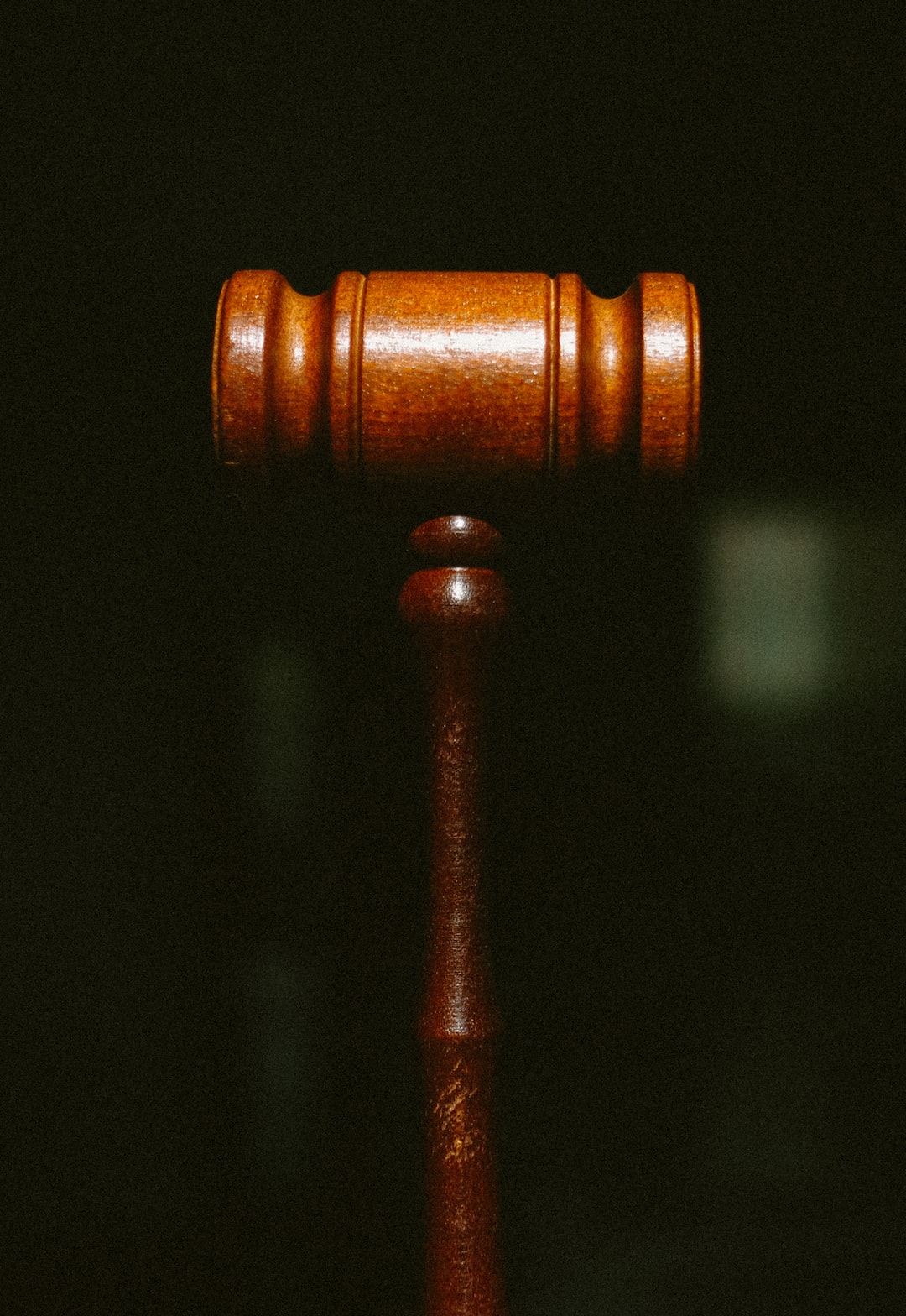The Role of Lawyers in Mediation and Alternative Dispute Resolution
When it comes to resolving disputes, the traditional route of going through the courts can be lengthy, costly, and emotionally draining. In recent years, more and more individuals and businesses are turning towards mediation and alternative dispute resolution (ADR) as an effective means of settling conflicts. In these processes, lawyers play a vital role in ensuring the smooth and fair resolution of disputes.
Mediation is a form of ADR where a neutral third party, the mediator, facilitates the discussion between the parties involved in a dispute. The goal of mediation is to empower the parties to reach a mutually acceptable agreement, without imposing a decision upon them. While mediation is often seen as a less formal process in comparison to litigation, the involvement of lawyers can greatly enhance the effectiveness and efficiency of the mediation.
One of the key roles lawyers play in mediation is guiding their clients through the process and advocating for their best interests. Lawyers are trained professionals who possess a deep understanding of the legal system, laws, and regulations, which are crucial in a mediation setting. They provide legal advice and guidance to their clients, helping them understand their rights, obligations, and potential outcomes.
In addition to providing legal advice, lawyers can assist their clients in preparing for the mediation session. They can help their clients gather relevant documents, analyze evidence, and identify potential strengths and weaknesses. Furthermore, lawyers can assist their clients in formulating their positions and interests, as well as developing strategies to achieve their desired outcomes during the mediation process.
During the actual mediation session, lawyers play an active role in advocating for their clients’ interests. They act as intermediaries, communicating and negotiating with the other party and their lawyer on behalf of their clients. Lawyers are skilled in analyzing the information presented by the other party, spotting any legal issues, and presenting counter-arguments or proposing alternative solutions.
Another important aspect of lawyers’ role in mediation is ensuring that the agreements reached are legally sound and enforceable. Lawyers review and analyze any agreements reached during the mediation to ensure they are in compliance with applicable laws and regulations. They can guide their clients in understanding the implications of the agreements and assess whether they provide a fair resolution of the dispute.
While lawyers traditionally represented their clients exclusively in litigation, there has been a shift towards collaborative law, where lawyers actively encourage their clients to engage in mediation or other forms of ADR as a means of resolving their conflicts. Collaborative law emphasizes the importance of cooperation and reaching mutually beneficial outcomes, rather than engaging in a win-lose mentality. Lawyers who embrace this approach recognize that mediation and ADR can offer their clients a more efficient and satisfactory resolution, and can lead to better long-term outcomes for all parties involved.
In conclusion, lawyers play a crucial role in mediation and alternative dispute resolution processes. Their expertise, legal knowledge, and advocacy skills are invaluable in helping their clients navigate through the mediation process and achieve a fair resolution of their disputes. Their involvement ensures that the outcome of the mediation is legally sound and enforceable. As more individuals and businesses recognize the advantages of mediation and ADR, the role of lawyers in these processes will continue to grow and evolve.

